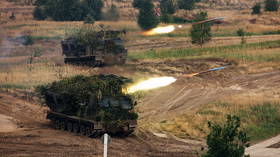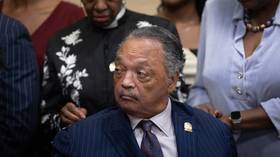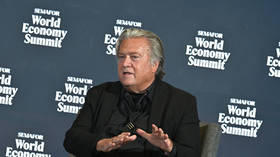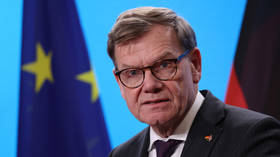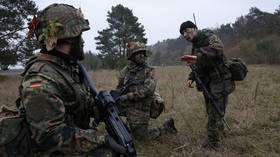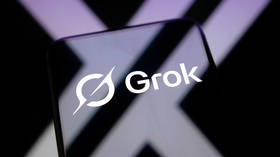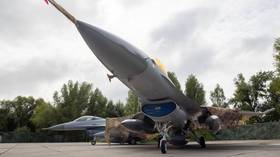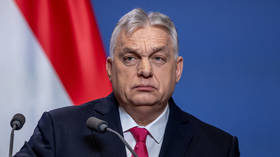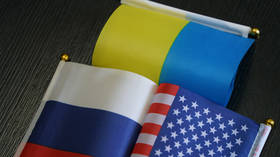Putin and Scholz hold phone call
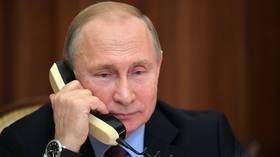
Russian President Vladimir Putin and German Chancellor Olaf Scholz spoke by phone on Tuesday, with Scholz calling on Putin to withdraw his forces from Ukraine and Putin highlighting Ukraine’s “blatant violations of international humanitarian law.”
During the 90-minute conversation, Scholz urged Putin to “come to a diplomatic solution as quickly as possible, based on a ceasefire, a complete withdrawal of Russian forces and respect for the territorial integrity and sovereignty of the Ukraine,” according to a statement from spokesman Steffen Hebestreit.
The German chancellor also called on Putin to “avoid any escalation” around the Zaporozhye Nuclear Power Plant, and to implement a UN-recommended ‘safe zone’ around the facility. Putin countered that the plant is subjected to “constant missile attacks from Ukraine, which creates real risks of a large-scale catastrophe,” according to a readout of the call from the Kremlin.
The Russian president also accused Kiev of “blatant violations of international humanitarian law,” pointing to the shelling of majority Russian-speaking cities in Donbass.
Putin also said Russia will supply energy to Europe, should the EU lift sanctions preventing supply along the Nord Stream 1 gas pipeline. Germany’s refusal to certify the Nord Stream 2 pipeline while blaming Russia for its energy woes “looks very cynical,” he said.
Along with French President Emmanuel Macron, Scholz has been one of the few European leaders to remain in contact with Putin following the launch of Russia’s military offensive in Ukraine in February. The pair held a joint conversation with the Russian president back in May, with the conversation fiercely condemned by more hardline anti-Russian officials from the Baltic states.
Under Scholz, Germany has not budged on its support for EU sanctions on Russia, and continues to arm Kiev’s military, although the chancellor has been criticized by some domestically for not going far enough in its support. German Defense Minister Christine Lambrecht said last week Berlin had “reached the limit” of what it can provide militarily.
Russia’s ambassador to Berlin accused Germany on Monday of having “crossed the rubicon” by providing weapons to Ukraine which are used to kill Russians.
Despite sour relations between Germany and Russia, Scholz and Putin agreed to stay in contact, both sides said after Tuesday’s call.
